Powerplay 25: No more stress against 1.d4 deviations!
When you play competitive events you will face 1.d4 in almost half of your games as Black. It makes sense to have a firm repertoire against it. With that in mind, famous ChessBase author Daniel King recorded two DVDs Powerplay 23 and 24, the first one dealing with Queen's Gambit Declined and the second with Black's options against the Catalan. However, recently we have people playing so many unorthodox systems with 1.d4 like the London, Colle, Trompowsky, that it is a must to be prepared against them. Powerplay 25 helps you in that respect. And we have Davide Nastasio who reviews this DVD and tells you all about it.
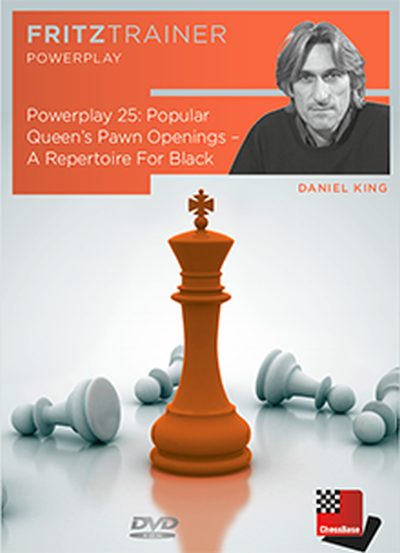
The entire series of Power Play DVDs, devised by GM King, is geared towards bringing a player from beginner to master level. Lately, King has begun a series of Opening repertoires. The reason is simple: in order to access all the middlegame and endgame ideas he so skillfully explained in the other DVDs, one must be able to survive and get out of the opening.
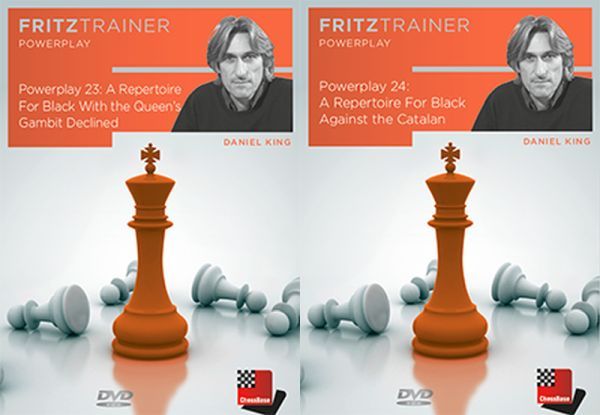
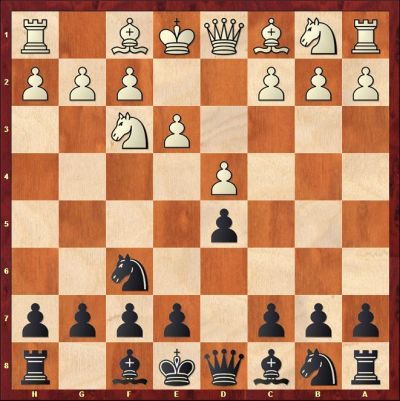
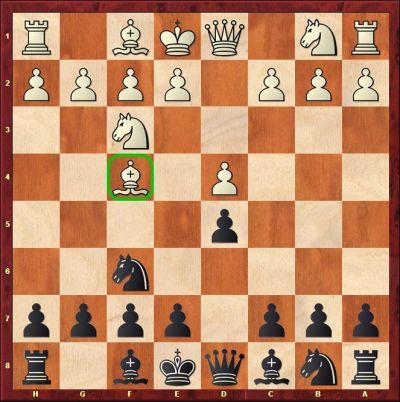
It is interesting to notice how chess changed thanks to the introduction of computers. On one hand, there was a period in which everyone enjoyed to have the silicon monster find a novelty around move 8-10 which would give a nice advantage and convert it into a winning endgame. Then things became more complicated, the monster was finding novelties, but around move 17 to 25. So, it became a battle of memorization.
On the other hand, amateurs most of the time never really had the memory for opening novelties to spring around move 25. In fact, they didn't even have memory for lines 10 or more moves long. So amateurs and club players began to use systems like the London, or the Colle, where ideas are more important than memorization of a series of moves.
Nowadays, even GMs seem to find it is easier to play a system and then just play chess instead of reciting the moves found by an engine. As a result, the popularity of systems like the London or Colle is on the rise, even at the top level. The following game played by Magnus Carlsen serves as a good example.

King begins to reason that "opening systems" give an advantage to Black because they don't immediately pose the question of how to solve the center problem. In fact, King is candid about it: "If White doesn't play c2-c4, this gives a chance to Black to dominate the center..." I have played some of the systems mentioned as White. And King's words resonate particularly true.
This DVD is quite useful because King enumerates and explains the goals a player should have in the opening as Black, and how to apply them against these opening systems which are so popular today.
What are King's recommendations? Simply the following:
1. Get the pieces developed. Place on the correct squares
2. Come out of the opening with a sound pawn structure.
3. Have a safe king position.
4. And in the end, have a position out of the opening which provides dynamic winning chances.
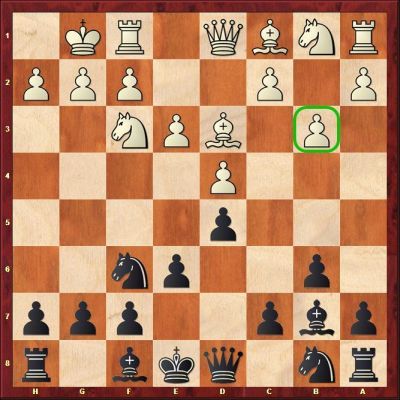
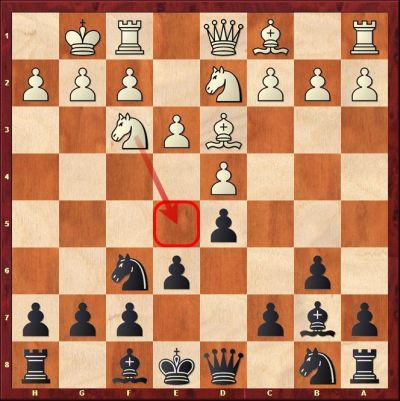

By the way, here is the real reason I wanted to watch the DVD. I'm a 1.d4 player at the moment, and to ignore what the best teachers are providing as weapons for Black players, means to have a very bad opening preparation. So while it is important to know the opening one is playing, one must make the effort of understanding the ideas and plans of the other side.
In this direction, King, against the London, shows a game of one of the most brilliant players of the last years, Wesley So, battling the Dutch number one, Anish Giri.
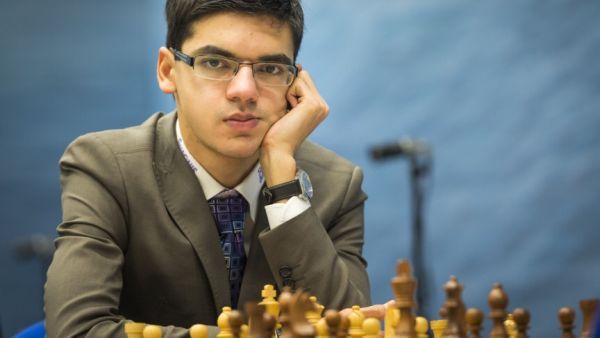
While this game is beautiful, I think the real learning experience is in King's annotations and references to other games one must know and study. The above game is important also for another reason: during the video, King often pauses the video in some critical moments and asks some training questions. In this way, the person watching the video becomes involved practically in the learning process.
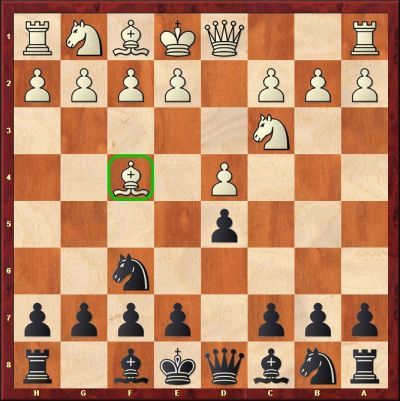
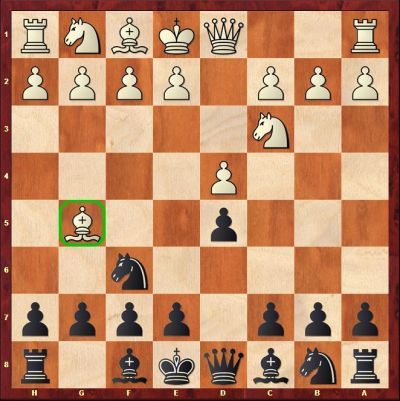

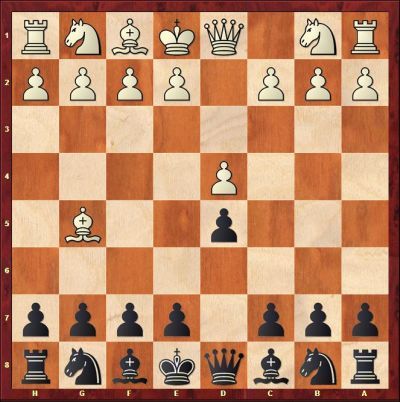
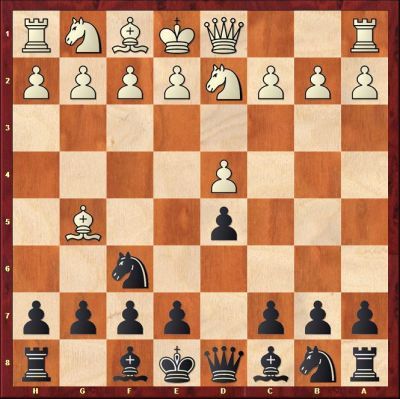
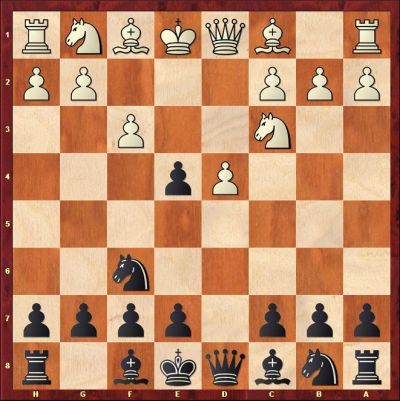
As always, since the move order can be quite flexible, King shows also possible tricks White can try, thanks to different move orders. I find King's DVDs quite laser focused! He doesn't give the student 2000 games to watch, but just 5-6 games for each line, and he goes deep into dissecting those openings, and the ideas behind them.
The first 10 videos of the DVD are dedicated to the Colle/Colle-Zukertort and Colle-Zukertort Queen's Indian. Thanks to the wise explanations on the pawn structures given by King, I was able to correlate in my mind the same structures for Black when playing against White. This was quite useful because I began to have a picture in my mind which connected common moves played in those structures with the plans for both sides.
Here a list of the content of the DVD: the London system has 3 video, The Jobava system has 2 videos, Vereson also 2 videos, Blackmar-Diemer gambit 3 videos, and 6 videos with the Trompowsky.
This repertoire given us by King teaches us the fight for the center, and how to fight against the sidelines. I believe it will give the chance to an amateur to become a better and more complete player; especially with regards pawn breaks, when to push a pawn and destroy the enemy center and when opening the lines to our advantage.
I'd like to conclude this review with a game by Hou Yifan, one of my favorite players. I selected the game because it shows how after the fog of battle is cleared, Black magically has a quality advantage!
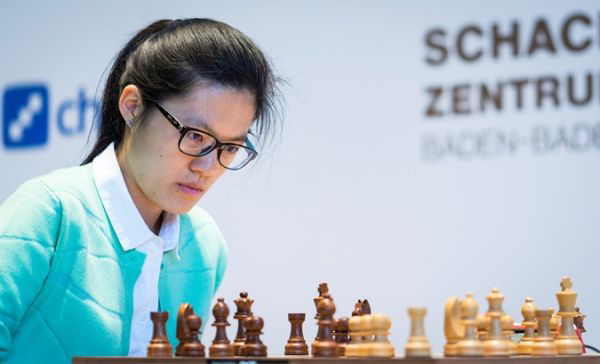
Buy Powerplay 25 from here
It would also make sense to make your opening repertoire more solid by playing the Queen's Gambit Declined against 1.d4. For that you can go for Daniel King's Powerpay 23.
Buy Powerplay 23
Once you are playing the QGD, you might also have to fight against the Catalan for which we have Powerplay 24.
Become an expert in Catalan - Buy Powerplay 24
Buy the combo of Powerplay 23 + 24 for Rs.1799/-
About the Author
 Davide Nastasio is a novel chess aficionado, who has made of chess his spiritual tool of improvement, and self-discovery. One of his favorite quotes is from the great Paul Keres: "Nobody is born a master. The way to mastery leads to the desired goal only after long years of learning, of struggle, of rejoicing, and of disappointment..." He is one of the main writers for ChessCafe on Chessbase products, he authors articles on British Chess Magazine, and he is one of the main contributors of Georgia Chess Magazine in the new electronic format: Georgia Chess News. He is an active player, and organizes and directs chess tournaments.
Davide Nastasio is a novel chess aficionado, who has made of chess his spiritual tool of improvement, and self-discovery. One of his favorite quotes is from the great Paul Keres: "Nobody is born a master. The way to mastery leads to the desired goal only after long years of learning, of struggle, of rejoicing, and of disappointment..." He is one of the main writers for ChessCafe on Chessbase products, he authors articles on British Chess Magazine, and he is one of the main contributors of Georgia Chess Magazine in the new electronic format: Georgia Chess News. He is an active player, and organizes and directs chess tournaments.

